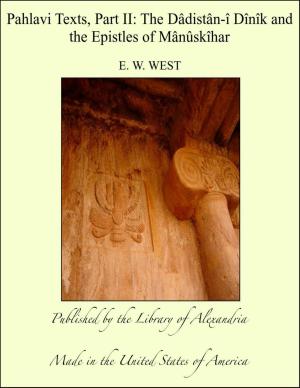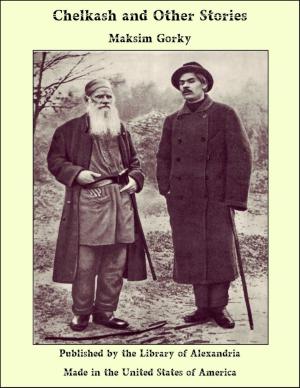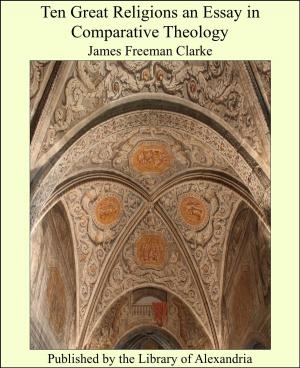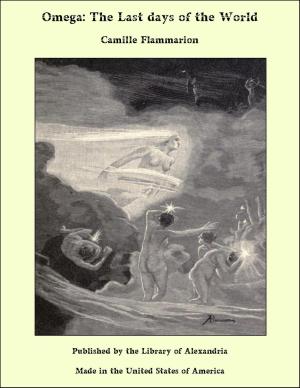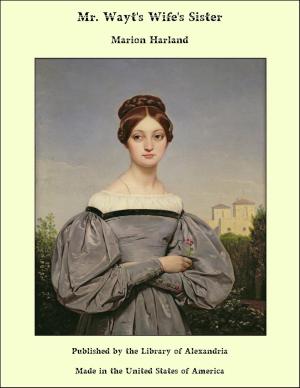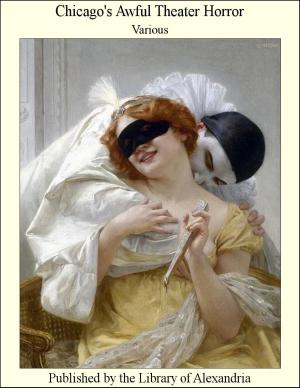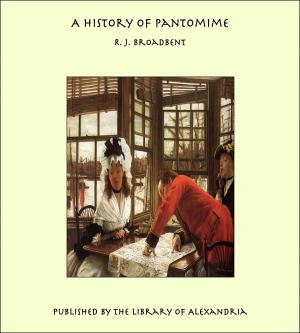| Author: | Harry Reginald Hall | ISBN: | 9781465611604 |
| Publisher: | Library of Alexandria | Publication: | March 8, 2015 |
| Imprint: | Language: | English |
| Author: | Harry Reginald Hall |
| ISBN: | 9781465611604 |
| Publisher: | Library of Alexandria |
| Publication: | March 8, 2015 |
| Imprint: | |
| Language: | English |
I KNOW a boy called Dick. He is nine, and he lives near London. Last spring Dick’s father and mother moved house. All their furniture and things were taken in the vans, and Dick and his father and mother went in a cab. When they got to the house, Dick ran in at once to explore. It was not really a new house, because people had lived in it before; but Dick was disappointed to find it very much the same as the house they had just left. There was the drawing-room on one side of the hall and the dining-room on the other, and all the rooms upstairs, and the bath-room, and the box-room, just the same as in their other house; and there was a garden with walls round the three sides, very like their last one. And Dick was sorry that there was nothing new to see. So he said to his father that he did not like the new house because it was just like the old one. But his father said: “You must not grumble at that. Lots of houses are very much alike, of course. There are so many people in these days who want the same sort of house built for them.” That summer Dick went to pay a visit to his uncle, a long way off in the country. Dick’s uncle lived in a very old house; part of it was more than four hundred years old, and Dick had never been in such an old house in his life. His uncle took him all round it, and showed him many strange things. The oldest part of the house was a square tower with very thick walls and long, very narrow windows. Dick’s uncle told him that the windows were made like slits so that the men inside the tower could shoot their arrows out at their enemies; while the enemies would find it very hard to shoot their arrows in and hit the men inside. And he said, also, that in the old days before people could make glass for windows, it was better to have little windows than big ones in very cold weather. And Dick’s uncle took him to the top of the tower and showed him the remains of an open fireplace, in which the men of the tower used to light a beacon fire to give the alarm to people in the villages and towns when enemies were coming. And outside the tower he showed him part of a deep ditch, and told him that once this ditch went right round the house and was called a moat, only that now it was nearly all filled up with earth and stones. But at one time it was always full of water, so that no one could get at the tower without crossing the moat. And the people in the tower used to let down a bridge, called the drawbridge, because it was drawn up and down by means of chains. So that when they or their friends wanted to go out or come in, the drawbridge used to be let down for them, and pulled up afterwards.
I KNOW a boy called Dick. He is nine, and he lives near London. Last spring Dick’s father and mother moved house. All their furniture and things were taken in the vans, and Dick and his father and mother went in a cab. When they got to the house, Dick ran in at once to explore. It was not really a new house, because people had lived in it before; but Dick was disappointed to find it very much the same as the house they had just left. There was the drawing-room on one side of the hall and the dining-room on the other, and all the rooms upstairs, and the bath-room, and the box-room, just the same as in their other house; and there was a garden with walls round the three sides, very like their last one. And Dick was sorry that there was nothing new to see. So he said to his father that he did not like the new house because it was just like the old one. But his father said: “You must not grumble at that. Lots of houses are very much alike, of course. There are so many people in these days who want the same sort of house built for them.” That summer Dick went to pay a visit to his uncle, a long way off in the country. Dick’s uncle lived in a very old house; part of it was more than four hundred years old, and Dick had never been in such an old house in his life. His uncle took him all round it, and showed him many strange things. The oldest part of the house was a square tower with very thick walls and long, very narrow windows. Dick’s uncle told him that the windows were made like slits so that the men inside the tower could shoot their arrows out at their enemies; while the enemies would find it very hard to shoot their arrows in and hit the men inside. And he said, also, that in the old days before people could make glass for windows, it was better to have little windows than big ones in very cold weather. And Dick’s uncle took him to the top of the tower and showed him the remains of an open fireplace, in which the men of the tower used to light a beacon fire to give the alarm to people in the villages and towns when enemies were coming. And outside the tower he showed him part of a deep ditch, and told him that once this ditch went right round the house and was called a moat, only that now it was nearly all filled up with earth and stones. But at one time it was always full of water, so that no one could get at the tower without crossing the moat. And the people in the tower used to let down a bridge, called the drawbridge, because it was drawn up and down by means of chains. So that when they or their friends wanted to go out or come in, the drawbridge used to be let down for them, and pulled up afterwards.


